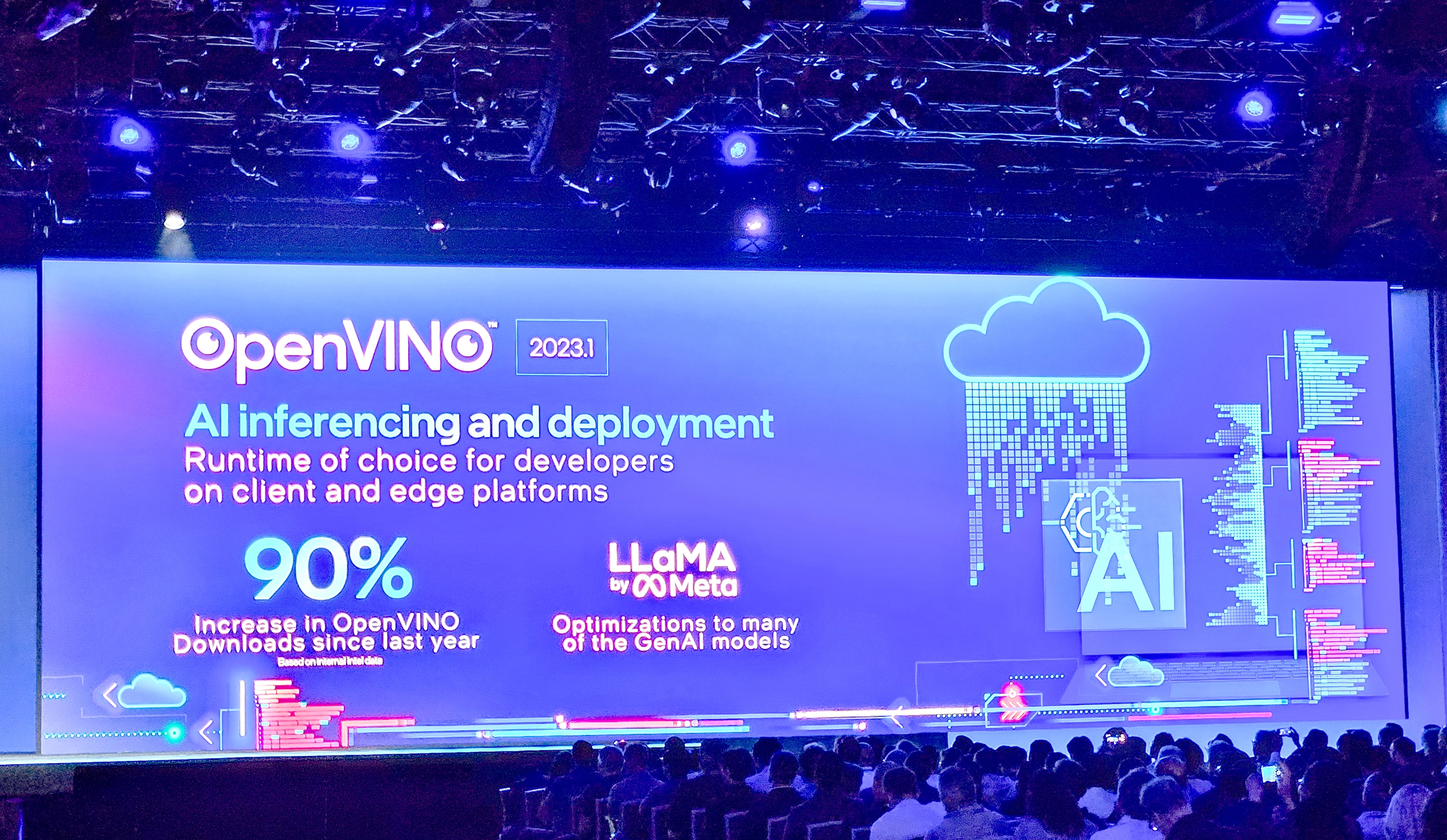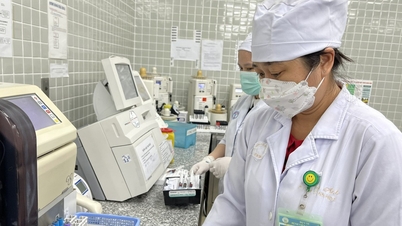Recently, Bloomberg and The Wall Street Journal reported that Apple and NVIDIA are considering investing in OpenAI (the owner of ChatGPT) in the next round of funding. OpenAI is expected to be valued at around $100 billion.
Fears of an AI bubble
OpenAI is just one of the projects that Apple and NVIDIA are focusing on investing in AI. NVIDIA itself is also benefiting a lot from AI because the chip and image processor products of this corporation are being consumed strongly to meet the race to develop AI models. According to the financial report for the second quarter (ending on July 28) announced at the end of August, NVIDIA achieved a revenue of 30 billion USD, an increase of 15% compared to the first quarter and an increase of 122% compared to the same period in 2023. Of the total revenue of 30 billion USD, the data center product group specialized in AI development had a revenue of up to 26.3 billion USD, an increase of 16% compared to the first quarter and an increase of 154% compared to the same period in 2023.

Many technology companies are increasing their investment in AI (photo taken at a technology conference in the US in late 2023)
The trend of investing in AI continues to grow strongly. According to the financial group Goldman Sachs, large technology corporations (often called Big Tech) and investors are expected to spend more than 1,000 billion USD in the coming years to develop AI. Venture capital data company PitchBook said that in the second quarter of 2024 alone, the AI boom has prompted venture capital funds to contribute 55.6 billion USD to related startups.
But amid that excitement, from an investment perspective, many US financial experts are warning that the AI industry is in a bubble, even becoming a "time bomb". The Washington Post quoted the opinions of some investors who are concerned that the huge amount of money poured into AI by Big Tech, stock market investors and venture capital firms could lead to a financial bubble.
At Google's recent quarterly conference, the company's CEO, Sundar Pichai (who is also the CEO of parent company Alphabet), was questioned by analysts on when the $12 billion investment in AI would pay off.
High or low investment efficiency?
Recently, financial groups Goldman Sachs and Barclays, venture capital funds such as Sequoia Capital, have issued reports raising concerns about the sustainability of the AI "fever".
Tech executives continue to insist that AI will transform modern life, just as the internet or mobile phones have. In fact, AI has improved dramatically and is already being used to translate documents, write emails, and help programmers write code. But analysts question whether the recent surge in AI investment will pay off. Is it worth investing so much in AI just to replace low-paying jobs?
According to a recent assessment by Barclays Financial Group citing analysts' opinions, it is expected that from now until 2026, Big Tech will spend about 60 billion USD per year to develop AI models, but will only earn about 20 billion USD from AI annually.
Recently, Goldman Sachs has conducted a report gathering opinions from many related experts. In which, economist Daron Acemoglu, at the Massachusetts Institute of Technology (MIT) in the US, estimated that in the next 10 years, only 25% of tasks using AI will be automated to reduce costs, meaning that AI will only help improve no more than 5% of human work tasks. He believes that the advanced models of AI that create profound impacts will not soon become a reality. Thereby, Professor Acemoglu predicted that in the next 10 years, AI will only help increase productivity for the US by about 0.5% and contribute to 0.9% of the country's GDP growth.
Similarly, Jim Covello, head of industry research at Goldman Sachs, argues that the planned $1 trillion in investments are not designed to solve complex enough problems to generate a fair return. He points out that innovations like the early internet created low-cost solutions to expensive problems, unlike current AI.
However, senior economist Joseph Briggs of Goldman Sachs is more optimistic. Mr. Briggs predicts that in the next decade, AI can help automate 25% of jobs, help increase US productivity by 9% and boost cumulative GDP growth by 6.1%.
Source: https://thanhnien.vn/dau-tu-vao-tri-tue-nhan-tao-dang-sup-ham-185240902205318828.htm


![[Photo] Many streets in Hanoi were flooded due to the effects of storm Bualoi](https://vphoto.vietnam.vn/thumb/1200x675/vietnam/resource/IMAGE/2025/9/29/18b658aa0fa2495c927ade4bbe0096df)

![[Photo] General Secretary To Lam attends the ceremony to celebrate the 80th anniversary of the post and telecommunications sector and the 66th anniversary of the science and technology sector.](https://vphoto.vietnam.vn/thumb/1200x675/vietnam/resource/IMAGE/2025/9/29/8e86b39b8fe44121a2b14a031f4cef46)
![[Photo] General Secretary To Lam receives US Ambassador to Vietnam Marc Knapper](https://vphoto.vietnam.vn/thumb/1200x675/vietnam/resource/IMAGE/2025/9/29/c8fd0761aa184da7814aee57d87c49b3)

![[Photo] National Assembly Chairman Tran Thanh Man chairs the 8th Conference of full-time National Assembly deputies](https://vphoto.vietnam.vn/thumb/1200x675/vietnam/resource/IMAGE/2025/9/29/2c21459bc38d44ffaacd679ab9a0477c)





























































































Comment (0)